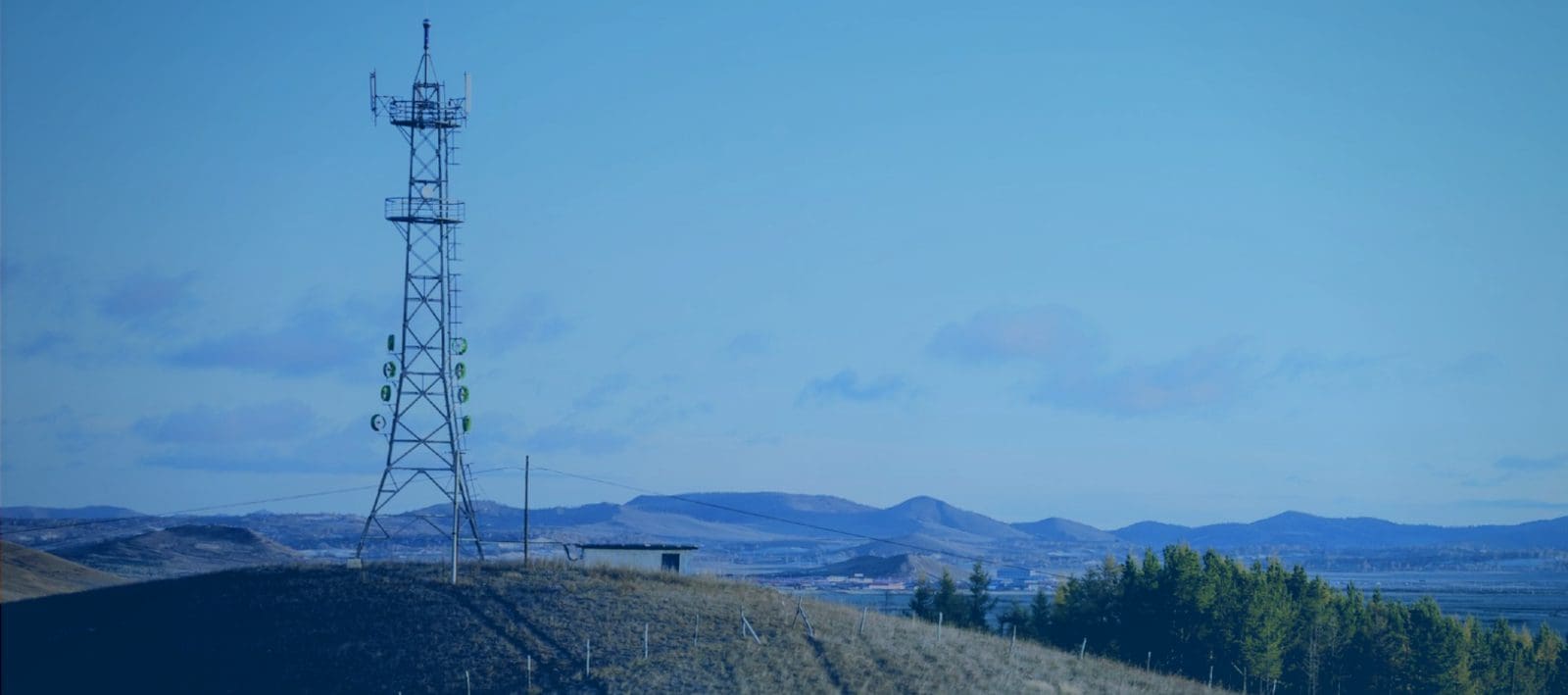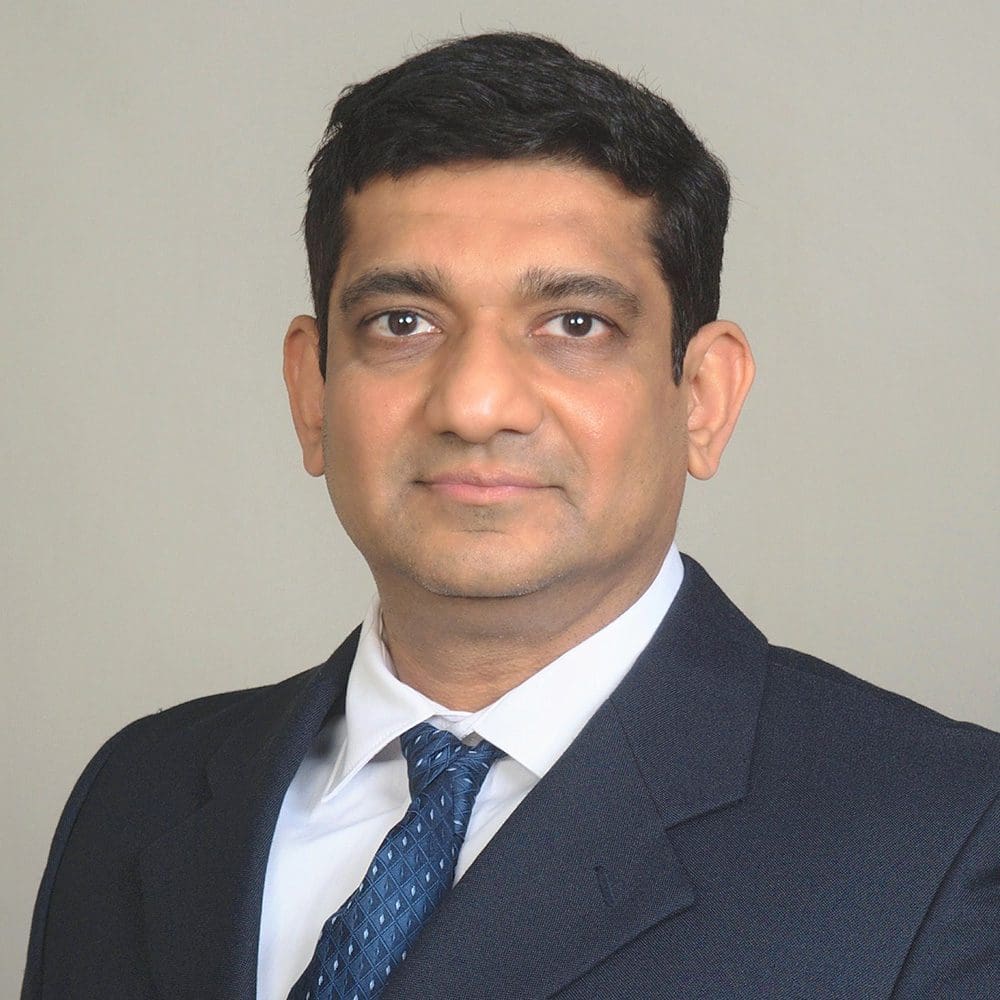View Video Transcript
Purva Rajkotia
Welcome to the Rural Communication video series. In this series, we ask industry leaders and experts about their insights on how to provide connectivity to the rural and isolated population of the world. This video series is powered by IEEE SA Connectivity and Telecommunications Practice. I’m the practice lead and your host Purva Rajkotia. In this episode, we have Mr. Latina Kone who is the Director General and CEO of Smart Africa to talk with us about rural connectivity, Mr. Latina Kone is the Director General and CEO of Smart Africa. Prior to that, Mr. Kone was the advisor to the prime minister of the Republic of Côte d’Ivoire 2017 to 2018 in charge of digital transformation and public reforms, and was also the advisor to the president from 2011 to 2017. Mr. Kone is a professional in the ICT industry with over 25 years experience in the telecommunications, satellite, and intelligent transport system. Prior to that, Mr. Kone held during his career, several high level technical and managerial positions with prestigious firms such as Booz Allen Hamilton and Intelsat, Mr. Kone is a graduate of three continents, United Arab Emirates. He obtained a bachelor’s degree in electronic engineering in the UK. it has validated its Polytechnique rank at the University of Brunel, and the United States, his MBA from George Washington University. So welcome to the series, Mr. Kone.
Lacina Kone
Thank you for inviting me.
Purva Rajkotia
Mr. Kone, let’s just jump into the questions that people might have. So what is the problem or issue you are seeing in your field and region that ties back to the mission of connecting the unconnected?
Lacina Kone:
Thank you very much for inviting me and thank you very much for this question. The answer to this question is that increasing the reliability and the availability of internet connectivity to close the internet gap in Africa is a vitally important to improve economic growth and regional prosperity. So it’s important to understand the capital importance of productivity, especially within the African context. For instance, on average, about 39% of Africans have access to internet connectivity. This was reported by the end of 2020 and 45% in the Sub-Saharan live in more than 25 kilometers from the …
So a number of countries in Africa are still under 20% broadband penetration. You can imagine we are in 2021, the SDG goal is in 2030. So this actually means that we lie below the threshold where broadband connectivity can significantly or have a positive impact on economic growth. Additional challenges such as lack of access to reliable and affordable electricity make accelerating Africa’s digital transformation journey even more difficult. However, connecting the unconnected is about more than just the infrastructure. About 20% of the big foreign investments consist of building the use of skills and local content foundations. And another two to four percent should be allocated to setting up the appropriate framework. So what does this actually mean? It means this impacts important basic needs such as access to education, access to affordable health care services, and also access to economic opportunity, financial inclusion, agent inclusion, and so on so forth, including as well, agricultural production and food security.
Purva Rajkotia
That’s a good point. From your perspective, how can IEEE SA support to address these challenges in connecting or broadening the availability and access? For example, our awareness of issues, development of infrastructure, and what SA programs and activities support the work in the spirit of connecting the unconnected?
Lacina Kone
For instance, we have launched the Smart Broadband 2025 Blueprints within Smart Africa, which is actually championed by Senegal. This smart broadband 2025 blueprint was launched by Smart Africa Alliance to serve as a reference baseline document for Smart Africa member states, with the aim of doubling the broadband vision in Africa, at least by 50% by the end of 2025. So it acknowledges the past and continuous effort by regional stakeholders. And it seeks also to build on these efforts to enhance the goal. Smart Broadband 2025 creates a framework to track the progress in the chart and also chart a growth path. So it also seeks to create a framework that promotes cross-border interaction, such as E-Trade and education. And the One Africa Network is the flagship project, which brings all-around benefit to Africa. So I believe this specific objective was smart broadband 2025 or among other things that IEEE SA in Smart Africa, they can join forces in order to do work on that initiative, which would promote a foundation for an emergence fourth industrial revolution technology that we are looking forward to.
Purva Rajkotia
How long have you been involved in this area industry and what role do you play in IEEE SA programs and activities?
Lacina Kone
Smart Africa has been in this area defining Africa ICT agenda since 2013, when we were created by seven heads of the state. Now Smart Africa represent 31. It comes with members as the various development and private sector partners. Our role is to deliver a social economic transformation project through smart implementation and application of information and communication technology. So we seek to put in place the right policy and regulatory environment that will encourage partnership, entrepreneurship, job creation, and knowledge sharing. Our move towards an ICT and technology-driven economy together intend to increase Africa’s competitiveness in the global economy and to impact the life of a 1.3 billion population. So our overarching vision is to really create a single digital market in Africa by 2050.
Purva Rajkotia
So how can folks get engaged in your, in your project and activities?
Lacina Kone
Thank you for the questions. We encourage interested organizations such as IEEE SA to join smart Africa Alliance together, which is a grouping of 31 countries today with private sector members and separate development partners, such as the World Bank and African Development Bank and so on and so forth. We bring together people who are committed to these transformations of Africa. And we more than welcome any partnership to be able to take Africa to the next level, which is basically leading forward for the upcoming fourth industrial revolution.
Purva Rajkotia
Thank you. Thank you so much, Mr. Kone for your time. I know you have a very busy schedule, but again, we appreciate your insights into this particular aspect. Thank you everyone for watching this series, please visit the IEEE SA Rural Communications Industry Program. The webpage is ieeesa.io/rural and learn more about our activities and how you can get involved. Thanks once again, Mr. Kone.
Africa has the lowest number of Internet connections — many countries still have less than 20 percent broadband penetration rate, which is compounded by lack of access to reliable and affordable electricity. Beyond infrastructure, the need for improving access to training and education, healthcare, financial inclusion, food security, and other basic services, all play a role in the continent’s mission of connecting the unconnected.
This video Q&A reviews the various challenges in achieving broadband access for all in Africa and dives into current efforts by African Heads of State and Government to transform Africa’s digital future and accelerate socioeconomic development through ICTs (Information and Communication Technologies).
Related Resources
About the Speaker
Mr. Lacina Kone is the Director General/CEO of Smart Africa. Prior to that, Mr. Koné was the advisor to the Prime Minister of the Republic of Côte d’Ivoire (2017-2018), in charge of Digital Transformation and Public Reforms, and was also the advisor to the President from 2011-2017. Mr. Kone is a professional in the ICT industry with over 25 years of experience in telecommunications, satellite, and intelligent transport systems.
Mr. Kone is a graduate of three continents. In the United Arab Emirates, he obtained a bachelor’s degree in electronic engineering, in the UK, it has validated its Polytechnique rank at The University of Brunel, and in the United States, his MBA from George Washington University.









